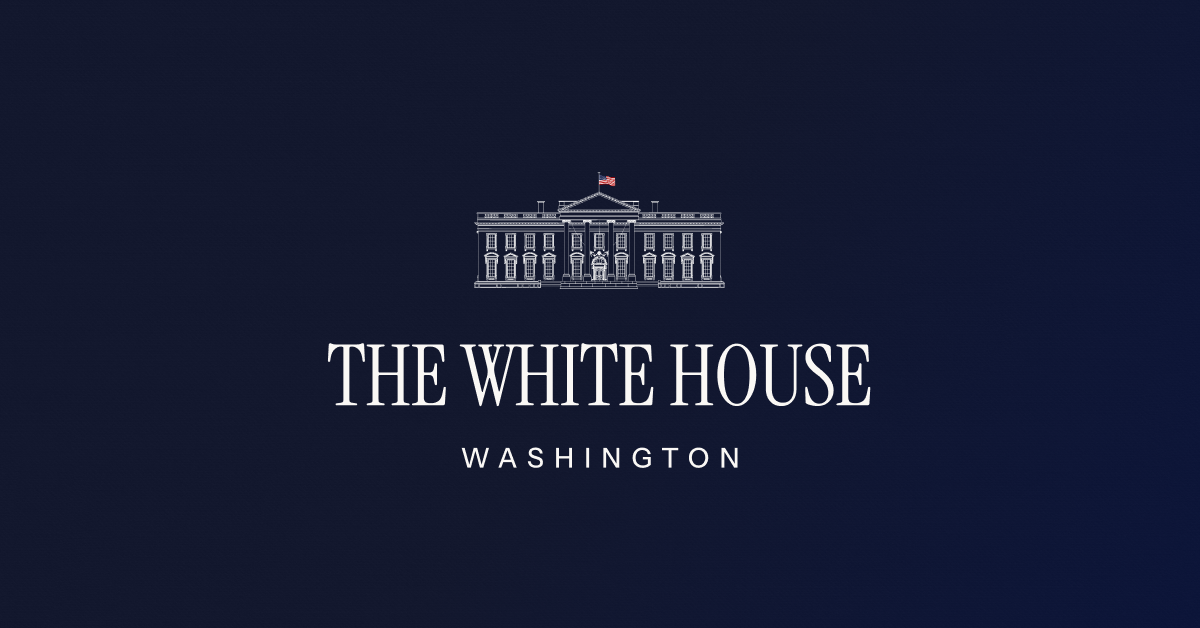The attacks on USAID are not only misleading but actively dangerous to America’s strategic interests. The agency is a cornerstone of U.S. foreign policy, advancing democracy, economic growth, and humanitarian relief in ways that benefit Americans and our global standing.
The cherry-picked list of projects attempts to mislead taxpayers into believing that USAID is an out-of-control bureaucracy wasting money. The reality is far different. USAID’s work serves four critical purposes:
Protecting U.S. National Security – Stable countries are less likely to become terrorist breeding grounds or fall under the influence of hostile foreign powers like China or Russia.
Expanding Economic Opportunities for Americans – Developing economies create new markets for U.S. businesses, boosting trade and jobs at home.
Strengthening Democracy and Human Rights – The U.S. has long positioned itself as a champion of democratic values, which is essential for maintaining alliances and global leadership.
Providing Humanitarian Aid in Crisis Situations – From disaster relief to food security, USAID prevents suffering and reduces the need for costly military interventions.
Debunking the Misleading Claims
Let’s address some of the most misleading allegations and put them into proper context.
“$1.5 million to advance diversity equity and inclusion in Serbia”
The U.S. has a vested interest in promoting democratic values and business-friendly environments in developing democracies. Programs that foster inclusive economies help prevent radicalization, improve stability, and open new trade opportunities for U.S. businesses.
USAID frequently funds business-development programs worldwide, including rule-of-law training, anti-corruption initiatives, and market-based reforms that benefit American companies looking to expand.
“$70,000 for a DEI musical in Ireland”
Cultural diplomacy is a well-documented soft power tool used to strengthen international partnerships. The U.S. has funded thousands of cultural initiatives over the decades because building goodwill enhances diplomatic cooperation, trade agreements, and security partnerships.
The actual funding for the arts in diplomacy is minuscule compared to military aid and economic investments.
“$2.5 million for electric vehicles for Vietnam”
This is part of U.S. clean energy diplomacy, which reduces Vietnam’s dependence on China for its energy infrastructure. The U.S. has an economic and security interest in helping emerging economies develop independent, sustainable power sources rather than falling into China’s Belt and Road Initiative debt traps.
“$47,000 for a transgender opera in Colombia”
This is an example of a tiny grant for cultural programming in a post-conflict society. Colombia is a strategic U.S. ally in Latin America, and fostering human rights there strengthens regional stability and democracy, which benefits the U.S.
“$6 million to fund tourism in Egypt”
Egypt is one of America’s key allies in the Middle East, receiving substantial U.S. military and economic aid for decades. Tourism is a critical sector for Egypt’s economy, and a stable, economically prosperous Egypt is far less likely to fall into extremist turmoil that would require costly U.S. military interventions.
“Millions to EcoHealth Alliance, which was involved in research at the Wuhan lab”
This is a conspiracy-driven talking point that ignores that EcoHealth Alliance’s work is focused on pandemic prevention and global health security. The U.S. has long partnered with global research institutions to track and prevent disease outbreaks before they reach our borders.
“Hundreds of thousands of meals that went to al Qaeda-affiliated fighters in Syria”
The U.S. has provided humanitarian aid in Syria to civilians caught in conflict. In war zones, aid can sometimes be intercepted, but the overwhelming majority of it goes to innocent people suffering from war and displacement—a reality that USAID has worked hard to address through rigorous oversight mechanisms.
“Funding for birth control and reproductive health in developing countries”
Family planning programs are critical for reducing poverty, improving health outcomes, and empowering women, which leads to stronger economies and more stable societies. The alternative—millions of unintended pregnancies in impoverished regions—would lead to more instability and dependence on foreign aid.
“Hundreds of millions of dollars to fund irrigation canals, farming equipment, and fertilizer for Afghanistan’s poppy fields”
This is a gross misrepresentation. USAID has worked for decades to reduce opium production in Afghanistan by promoting alternative crops and economic incentives for farmers to switch to legal, sustainable agriculture. The reality is that without these efforts, the Taliban’s drug trade would be even worse.
USAID Is a Smart Investment in American Interests
Every dollar spent by USAID is an investment in global stability, economic development, and national security—all of which reduce the likelihood of costly U.S. military interventions and economic crises.
The critics of USAID conveniently ignore that the vast majority of USAID’s budget goes toward essential programs:
Disaster relief (hurricanes, earthquakes, and famine prevention)
Public health initiatives (vaccination programs, pandemic preparedness)
Counterterrorism efforts (anti-radicalization programs, governance reforms)
Economic development (trade partnerships that benefit American businesses)
Democracy promotion (supporting free elections and human rights)
Attacking USAID by cherry-picking a few controversial programs is not a serious critique—it is a deliberate attempt to undermine America’s leadership in the world.
The reality is simple: When the U.S. invests in development, we strengthen our global influence, create new economic opportunities, and prevent conflicts before they require military intervention. Dismantling USAID would only weaken America’s strategic position and increase long-term costs for taxpayers.
The misleading attacks on USAID ignore the overwhelming benefits of the agency’s work. While waste and inefficiency should always be addressed, calls to abolish USAID based on cherry-picked anecdotes are reckless and shortsighted. America does not lead by retreating from the world—we lead by strategic engagement, smart investments, and long-term planning.








